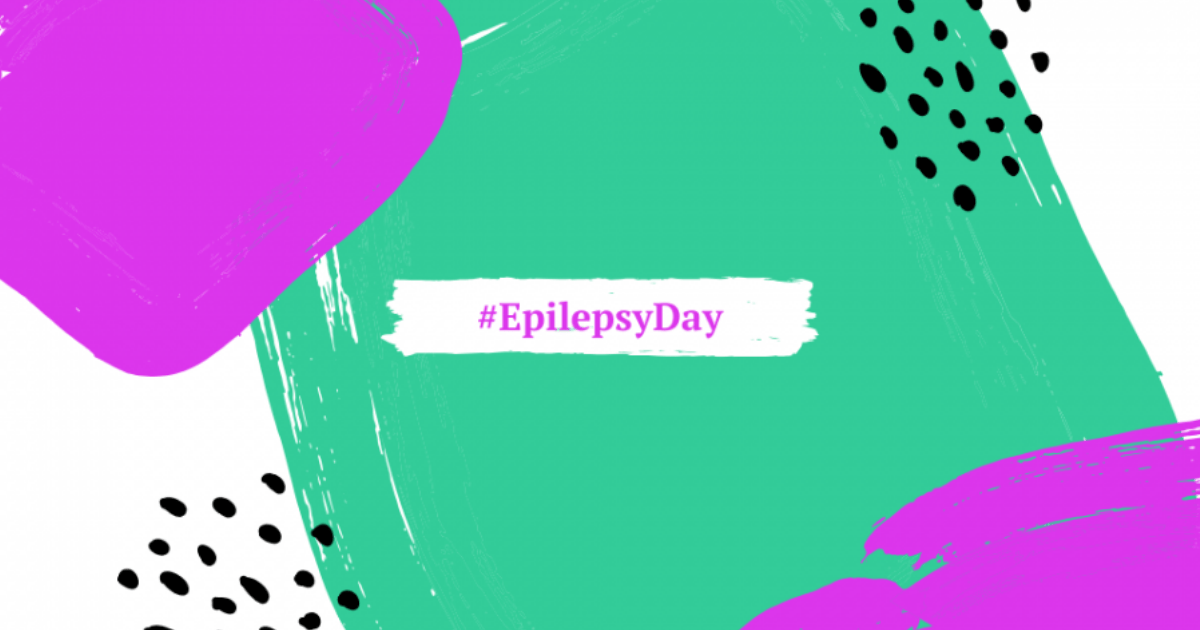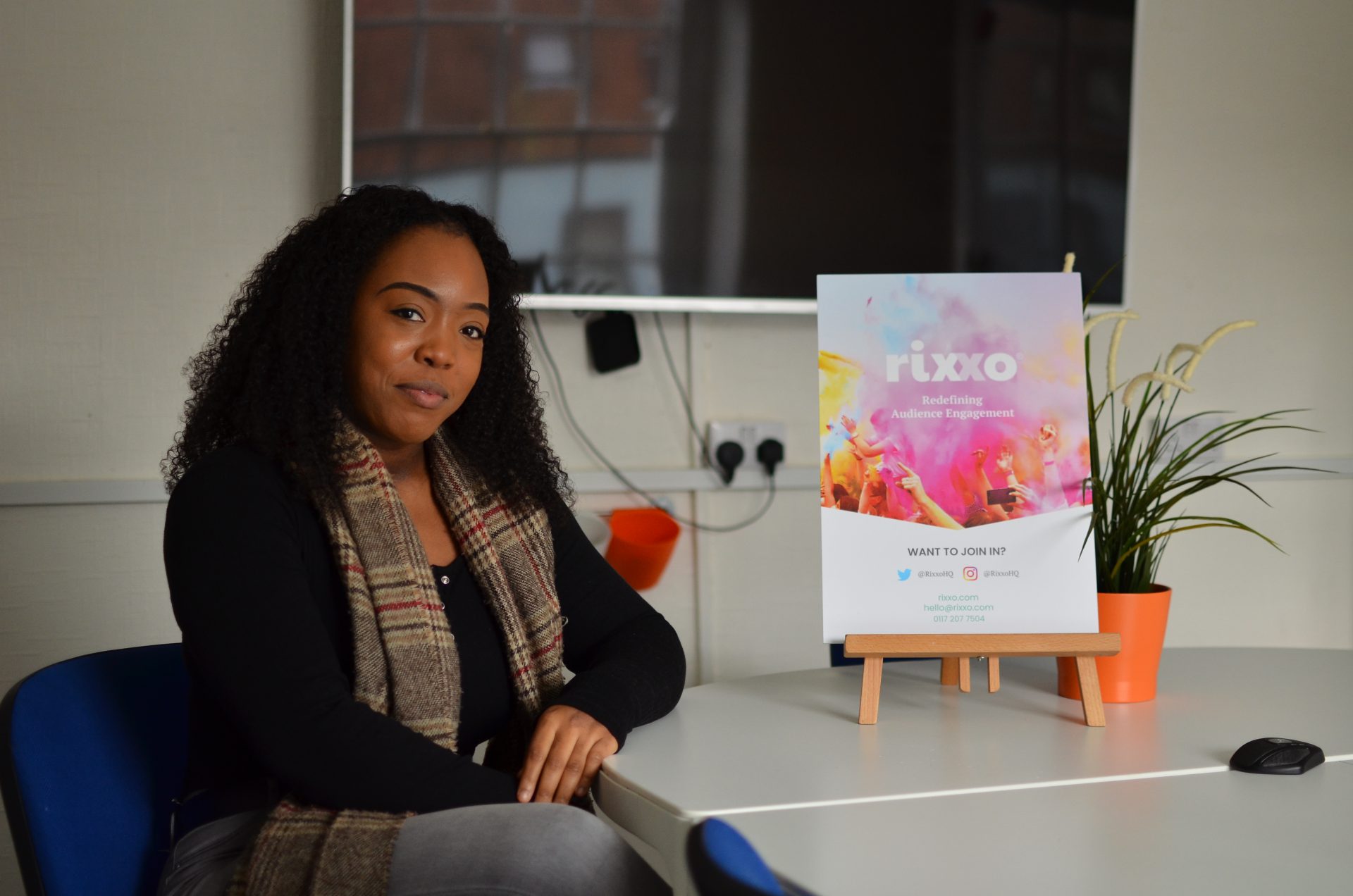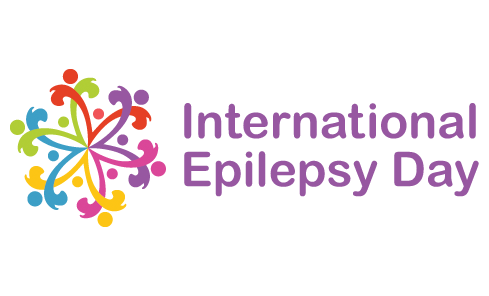International Epilepsy Day | An Interview With Gina Henderson

Epilepsy is a neurological disorder marked by sudden recurrent episodes of sensory disturbance, loss of consciousness, or convulsions, associated with abnormal electrical activity in the brain. Started in 2015 and organized by the International Bureau for Epilepsy (IBE) and the International League Against Epilepsy (ILAE), the day provides a platform for people with epilepsy to share their experiences and stories with a global audience. The day also calls for all people to advocate for appropriate legislation that will guarantee human rights of people with epilepsy and encourages people with epilepsy to live to their fullest potential.




Gina Henderson is one of our cherished developers who was diagnosed with epilepsy and has agreed to shed some light on her experiences.
Can you talk us through your first encounter with epilepsy?
“I will always remember the day so vividly. 15th May 2015, I was sitting at my desk going through a regular day working at cotswold outdoor and then suddenly i woke up on the floor with everyone surrounding me. I was very confused and scared as my colleagues explained to me that I had just had a seizure. One of the strangest things about having a seizure is, once you’ve come around It really takes it out of you, and leaves you feeling as if you were drunk the night before and ran a marathon. I was taken to hospital in an ambulance and that’s where i experienced my second seizure, this time waking up in the hospital with my family around me. Seizures can be caused by a variety of triggers, so therefore the doctors were unable to diagnose me there and then. I was given a month off work and during that time I experienced a total of 3 more seizures, 2 of which were in my sleep. I was referred to a neurologist which is when i was officially diagnosed with epilepsy”
How did epilepsy affect your life after you were diagnosed?
“When I was first diagnosed my driving licence was taken away immediately, which really affected me. I understand the reasoning behind it but i was devastated to say the least. I was put on medication to reduce the chances of having anymore tonic-clonic seizures, which had to be increased until I found the correct dose for me.
Whilst the medication drastically helped to control my seizures, I was still experiencing Focal Awareness seizures. This is also known as a partial seizure, which results in a combination of you still being aware of your surroundings and experiencing a variety of feelings, senses or minor impairments that vary for each person. For me specifically, this leaves me unable to interpret speech for around 1-2 minutes, which affects my ability to fully engage with others. I’m fortunate as this could be somewhat classed as a minor seizure compared to others types, and don’t occur on a daily basis, whereas some individuals can sadly have between 50-100 episodes a day.”
What are the common misconceptions with epilepsy?
“Most people just think that epilepsy is a full-on shaking fit on the floor but there are actually seven different types of seizures that you can have, and only three of those can be seen as the stereotypical ‘violent’ episodes. It’s also no secret that the media tend to portray epilepsy as a joke, as they did in the film “The After Party” which negatively reinforces the false stereotype.”
What advice would you give to anyone with epilepsy?
“Although it can be different for each person, you have to stay positive and take each day as it comes. Having a support system surrounding you such as friends and family can be very helpful, and don’t forget that there are services and organisations just a phone call away that can help you deal with epilepsy, both physically and emotionally.”
